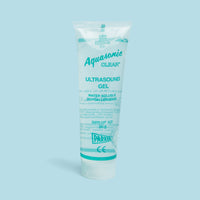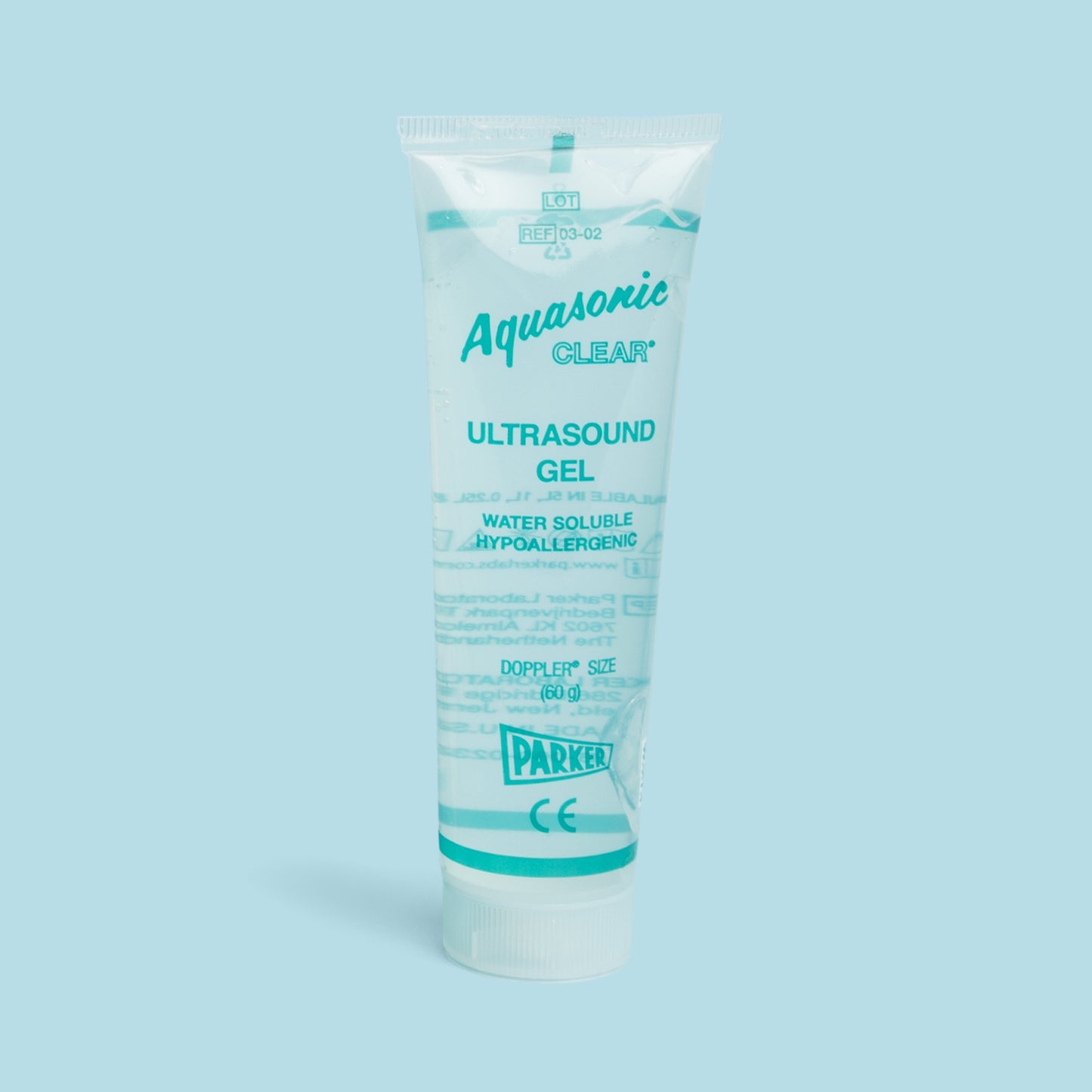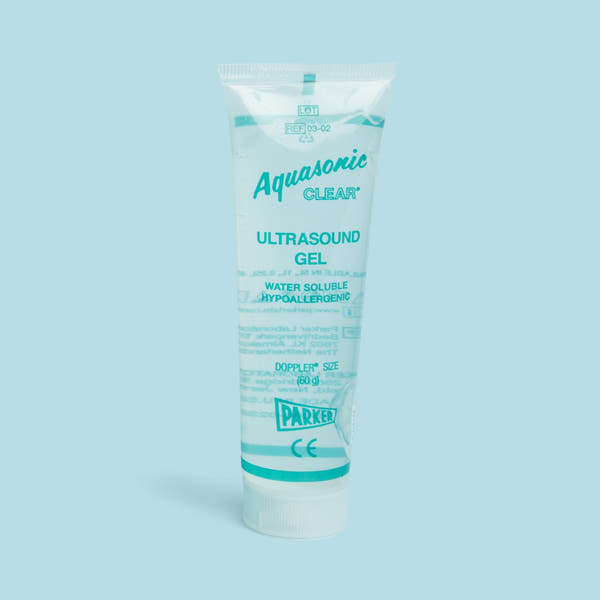Moms said hearing their baby’s heartbeat helped calm worries during the weeks between doctor visits.
Aquasonic Ultrasound Gel - 60g
Aquasonic Ultrasound Gel - 60g
5-Star Reviews You Can Trust | Loved by 1,000+ Happy Moms
Experience calm, connection, and confidence — anytime you need it.
-
Reassurance between appointments
-
Instant bonding at home
-
Safe for you & baby
-
Fast 2-Day Shipping
-
30-Day Money-Back Guarantee
Couldn't load pickup availability
In stock
You Asked, We Restocked! But Hurry - They're Going Fast (Again).
Hear your baby's heartbeat in between appointments at home!
Pregnancy is such a special season — and sometimes, you just want that extra moment of connection.
Our at-home fetal doppler lets you listen to your baby’s heartbeat from the comfort of home, creating sweet bonding moments between doctor visits.
Many moms begin hearing their baby’s heartbeat between 8–12 weeks (results may vary depending on individual factors).
Question 1: Is the Heartbeat Doppler Monitor safe to use during pregnancy?
Answer 1: Yes, the monitor is designed with safety as a top priority, ensuring it is safe for both you and your baby throughout your pregnancy.
Question 2: How quickly can I start hearing my baby's heartbeat after I receive the monitor?
Answer 2: You can start hearing your baby's heartbeat in seconds after setting it up, making it an easy and quick way to connect with your baby.
Question 3: What if I am not satisfied with the product?
Answer 3: You can try the monitor at home for 30 days, and if you are not satisfied, you can return it for a full refund.
We offer Free Shipping on all orders! Please allow 24 hours for us to process and ship your order. Estimated Arrival Time: 2-5 business days.




Aquasonic Ultrasound Ge...



